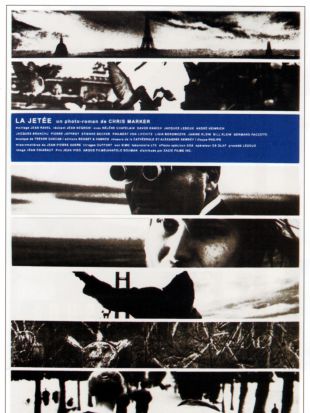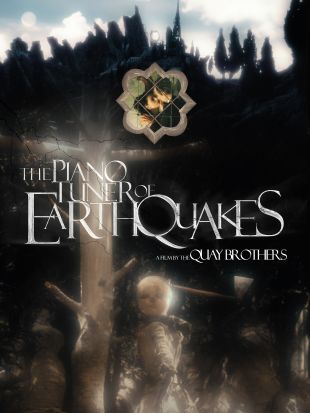As a film composer, Trevor Duncan will probably never rank alongside such British screen music legends as Ron Grainer, Ron Goodwin, and James Bernard, but he has written music that is more familiar to movie audiences than any of the work of these better known hands. Born Leonard Charles Treblico, of Cornish descent, in London in 1924, he proved a natural -- and virtually completely self-taught -- musician, studying only what he needed in music theory to get started. After a stint in the Royal Air Force as a radio operator, Treblico joined the BBC (where he had earlier worked very briefly) in 1947 as an engineer, and also began writing music in his spare time. At that time, with an entertainment boom seemingly in the offing with the end of the war, music publishers were eager to amass large libraries of mood and incidental music, for use in films and on radio and television. He found his niche in this field with a couple of successful early efforts, "Visions in Velvet" and "High Heels," and by the early '50s, he was making a good living as a composer of light orchestral music. He initially took on the pseudonym Trevor Duncan to separate his composing from his work at the BBC, from which he resigned in 1954. Duncan's popularity as a composer of pop-instrumental music made him a natural for the film industry, and he made his formal debut as a screen composer in 1955 with the thriller The Case of the Red Monkey, followed by the science fiction film Fire Maidens From Outer Space (which has since become a favorite object for ridicule on Mystery Science Theater 3000); he also worked on the BBC television production of Quatermass and the Pit and on Joseph Losey's drama Finger of Guilt. During the early '60s, Duncan wrote the music for Chris Marker's experimental science fiction featurette La Jetée (1962) (which was subsequently remade by Terry Gilliam as 12 Monkeys). Some of his music has also made it to American television, tracked into such early-'60s series as Diver Dan. Much of Duncan's music is highly atmospheric and deeply evocative, and numerous compositions of his have entered the orchestral pop repertory in England, with Ron Goodwin, in particular. Goodwin enjoyed a huge pop hit in 1959 with his recording of Duncan's "The Girl From Corsica," which he subsequently re-recorded as part of an album of light orchestral music with the Bournemouth Symphony Orchestra, for the classical label Chandos. Duncan's film credits go up as far as 1977 and the film Karleksvirveln (aka Swedish Love Story), but Duncan's principal claim to fame in America in the years since rests with a film much more celebrated (or notorious) than that. During the late '50s, director/producer Edward D. Wood Jr. and his music director, Gordon Zahler, utilized five music cues composed by Duncan in the course of assembling the score for Plan 9 From Outer Space, including one piece ("Grip of the Law") that became the movie's main title music. The movie was rediscovered in the late '70s as a classic -- some would say defining -- example of bad filmmaking (but, as even its detractors concede, fascinating filmmaking). It has since gone on to something much larger than cult status, in part due to its legendary levels of ineptitude at almost every phase of production; Duncan was never credited in the film, but scholar Paul Mandell unearthed the names of the composers in the course of assembling a soundtrack CD devoted to the movie. That portion of Duncan's output used in Plan 9 From Outer Space seems destined to be familiar to film audiences well into the 21st century and perhaps beyond.
Trevor Duncan
Share on


